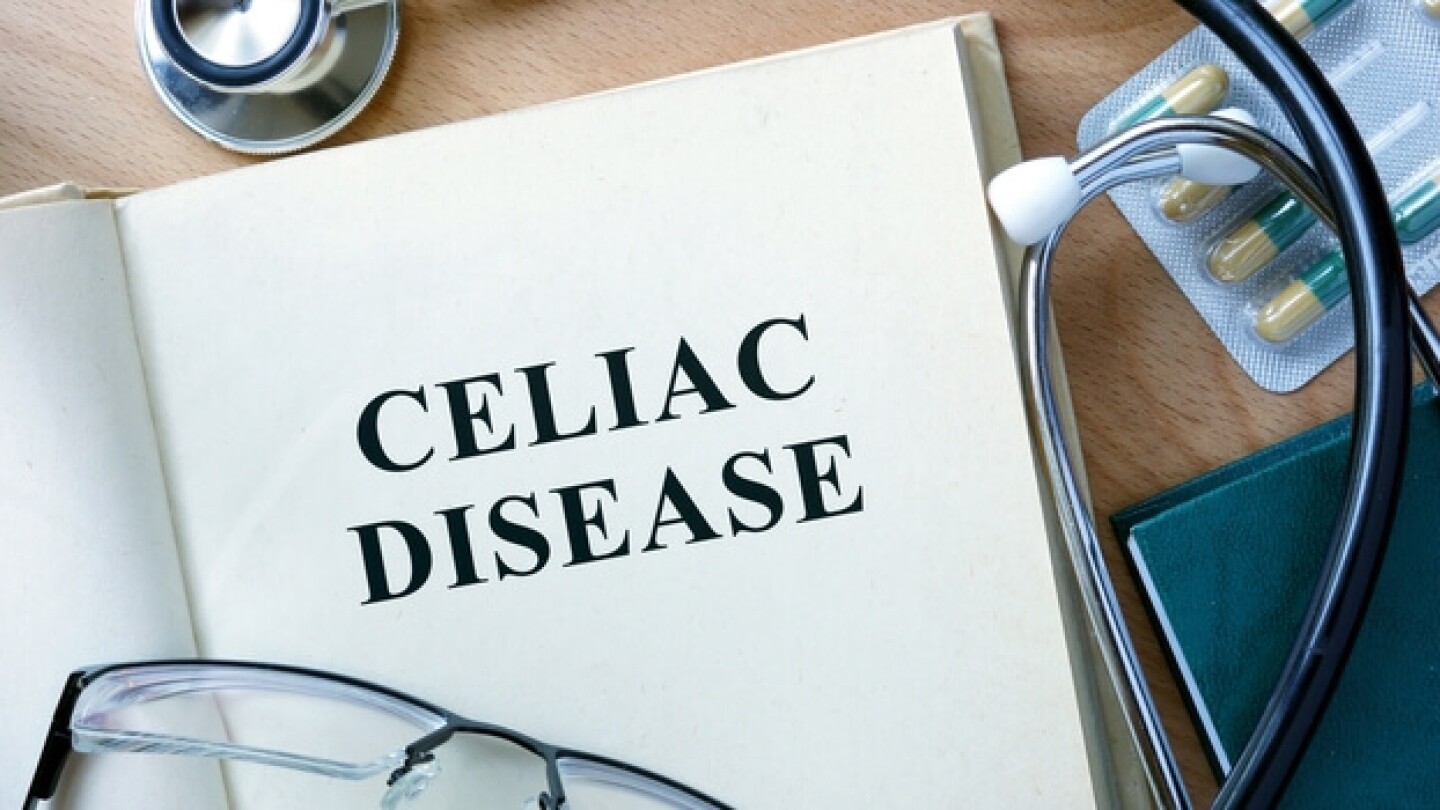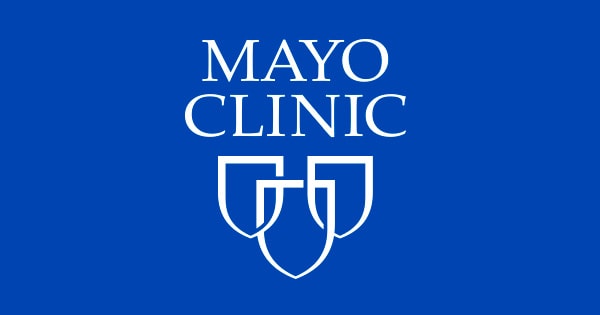Viral spike antigen clearance and augmented recovery in children with post-COVID multisystem inflammatory syndrome treated with larazotide
Lael M. Yonker, Abigail S. Kane, Zoe Swank, Lena Papadakis, Victoria Kenyon, Samuel Han, Rosiane Lima, Lauren B. Guthrie, Bryan Alvarez-Carcamo, Manuella Lahoud-Rahme, Duraisamy Balaguru, Ryan W. Carroll, Josephine Lok, Chadi El Saleeby, David R. Walt, Alessio Fasano
[Line breaks added]
Editor’s summary
Some children with COVID-19 present with high fever, gastrointestinal symptoms, and cardiovascular injury. This may be associated with SARS-CoV-2 proteins such as spike antigen leaking from the gut into the bloodstream, a process mediated by zonulin.
Current treatments for this illness, called multisystem inflammatory syndrome in children (MISC), target inflammation but not the underlying leakage of viral spike protein into the bloodstream.
In a randomized, double-blind, placebo-controlled trial, Yonker et al. tested whether larazotide, a zonulin antagonist, could accelerate recovery from MISC. The authors found that larazotide treatment resulted in more rapid resolution of gastrointestinal symptoms, clearance of spike protein, and return to usual activities.
This study suggests that larazotide may be a safe and effective adjuvant treatment for MISC. —Orla Smith
Abstract
Multisystem inflammatory syndrome (MIS) is a severe disease that occurs weeks to months after acute infection with SARS-CoV-2, often occurring in children (MISC). Symptoms include high fever, rash, nausea, diarrhea, and abdominal pain. Children with MISC can develop cardiovascular injury including ventricular failure, coronary artery aneurysms, or shock.
Current treatment strategies for these postacute sequelae of COVID-19 primarily target the hyperinflammatory response. However, a potential role for viral spike protein translocated via zonulin-mediated trafficking from gastrointestinal reservoirs of SARS-CoV-2 into the circulation has been suggested.
Here, we report results from a phase 2a randomized, double-blind, placebo-controlled clinical trial testing the zonulin antagonist larazotide in 12 children with MISC with a median age of 5.7 years.
Children were enrolled during hospitalization for acute MISC and were treated with adjuvant larazotide therapy four times daily for 3 weeks. Patients were monitored for 24 weeks for safety follow-up.
No larazotide-related adverse events were reported.
The concentration of SARS-CoV-2 spike protein antigen in blood samples correlated with inflammatory markers, including interferon-γ (IFN-γ) (P = 0.004) and interleukin-6 (IL-6) (P < 0.0001), and with gastrointestinal symptoms as assessed by the PedsQL GI symptom score (P = 0.003).
Children treated with larazotide displayed faster resolution of gastrointestinal symptoms, faster clearance of spike antigen, and a faster return to usual activities.
Our findings suggest that larazotide treatment may be safe in children and may improve resolution of symptoms when used as an adjuvant therapy for MISC.
Web | Science Translational Medicine | Paywall
Lael M. Yonker, Abigail S. Kane, Zoe Swank, Lena Papadakis, Victoria Kenyon, Samuel Han, Rosiane Lima, Lauren B. Guthrie, Bryan Alvarez-Carcamo, Manuella Lahoud-Rahme, Duraisamy Balaguru, Ryan W. Carroll, Josephine Lok, Chadi El Saleeby, David R. Walt, Alessio Fasano
[Line breaks added]
Editor’s summary
Some children with COVID-19 present with high fever, gastrointestinal symptoms, and cardiovascular injury. This may be associated with SARS-CoV-2 proteins such as spike antigen leaking from the gut into the bloodstream, a process mediated by zonulin.
Current treatments for this illness, called multisystem inflammatory syndrome in children (MISC), target inflammation but not the underlying leakage of viral spike protein into the bloodstream.
In a randomized, double-blind, placebo-controlled trial, Yonker et al. tested whether larazotide, a zonulin antagonist, could accelerate recovery from MISC. The authors found that larazotide treatment resulted in more rapid resolution of gastrointestinal symptoms, clearance of spike protein, and return to usual activities.
This study suggests that larazotide may be a safe and effective adjuvant treatment for MISC. —Orla Smith
Abstract
Multisystem inflammatory syndrome (MIS) is a severe disease that occurs weeks to months after acute infection with SARS-CoV-2, often occurring in children (MISC). Symptoms include high fever, rash, nausea, diarrhea, and abdominal pain. Children with MISC can develop cardiovascular injury including ventricular failure, coronary artery aneurysms, or shock.
Current treatment strategies for these postacute sequelae of COVID-19 primarily target the hyperinflammatory response. However, a potential role for viral spike protein translocated via zonulin-mediated trafficking from gastrointestinal reservoirs of SARS-CoV-2 into the circulation has been suggested.
Here, we report results from a phase 2a randomized, double-blind, placebo-controlled clinical trial testing the zonulin antagonist larazotide in 12 children with MISC with a median age of 5.7 years.
Children were enrolled during hospitalization for acute MISC and were treated with adjuvant larazotide therapy four times daily for 3 weeks. Patients were monitored for 24 weeks for safety follow-up.
No larazotide-related adverse events were reported.
The concentration of SARS-CoV-2 spike protein antigen in blood samples correlated with inflammatory markers, including interferon-γ (IFN-γ) (P = 0.004) and interleukin-6 (IL-6) (P < 0.0001), and with gastrointestinal symptoms as assessed by the PedsQL GI symptom score (P = 0.003).
Children treated with larazotide displayed faster resolution of gastrointestinal symptoms, faster clearance of spike antigen, and a faster return to usual activities.
Our findings suggest that larazotide treatment may be safe in children and may improve resolution of symptoms when used as an adjuvant therapy for MISC.
Web | Science Translational Medicine | Paywall



